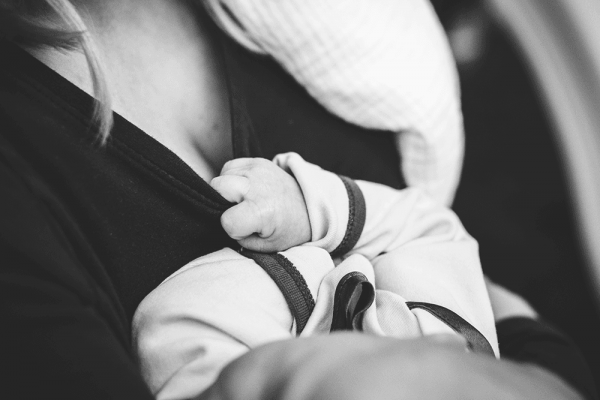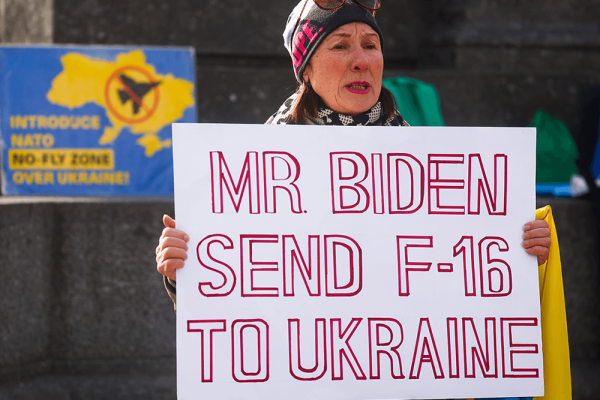Three women who were sexually and spiritually abused at L’Arche by Jean Vanier and Thomas Philippe tell their stories.
For the past seven years, Sojourners has celebrated Women’s History Month by highlighting women whose work who has inspired us with their visions for a more just world — and church. The women in this year’s list include authors and reporters; activists and advocates; professors and pastors, but they’re all united by their commitment to tell radical, inclusive stories and their belief that shaping the church and world starts in one’s own community.
The current discourse around right-wing politics and religion has been focused on the phrase “Christian nationalism.” Christian nationalism is a catchall for a variety of beliefs that generally claim the U.S. is founded upon Christian ideas and that the country’s current laws ought to reflect those beliefs. Rep. Marjorie Taylor Greene (R.-Ga.) is perhaps one of the most well known politicians in the U.S. who identifies as a Christian nationalist, but, according to a survey done by Pew Research, “Eight-in-ten White evangelical Protestants (81 percent) say the country’s founders intended it to be a Christian nation.” Christian nationalism, as a term, is fine but imprecise. What we’re seeing from lawmakers, like those in Missouri but also in other states, too, is more properly defined as “Christofascism.”
What does it look like to parent children in line with the radical values of restorative justice and communal care in a world of injustice, where safety and community are not equally available to all? As the threats of fascism and climate change make parenting seem dangerous or even unethical to many people, what principles can guide us in the radical risk of making new life?
For the past month, I struggled to decide what to “fast” from. Quiet contemplation bore rich insights for Christian monastics, so I turned to silence and tried to listen to God. But no sooner did I seek out a moment of quiet, than I heard the unmistakable ping of my inbox coaxing me to “Act now!” “Check out these deals!” “Hurry!” and “Buy, buy, buy, buy!” Regardless of the brand, these retail messages are constant, pervasive, and often persuasive.
Over his career, Luther Williams has seen the impact of racist education standards and a lack of Black representation in science.
Local faith leaders and asylum seekers gathered on Feb. 22 to demand that Washington, D.C., government allow asylum seekers to access resources available to the rest of the district’s unhoused population.
Readers respond to Adam Russell Taylor's recent essay on the Christian imperative to make peace.
Lloyd, a theologian and director of Africana studies at Villanova University (and Sojourners contributor), writes about his experiences teaching a seminar on “Race and the Limits of Law in America” through the Telluride Association. In the blistering essay, Lloyd writes that he experienced a “mutiny” — expelled from his role by his high school students led by a “charismatic” college-aged student who created a “cult” of anti-racism and eventually accused him of harm, micro-aggressions, and perpetuating “anti-black violence” through the seminar.
The Banshees of Inisherin has received several awards from the Golden Globes and multiple nominations for the forthcoming Academy Awards. It’s not hard to see why: Martin McDonagh’s film captures the complex, deep turmoil of a friendship falling apart. The friendship falls apart because the characters don’t have the framework to work through misunderstandings due to their depressive state.









